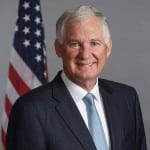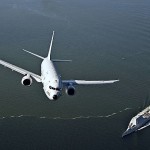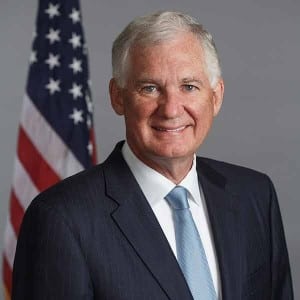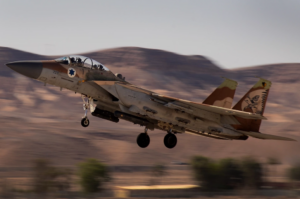United States May Add Missile Curbs To Six-Party Talks With North Korea, Clinton Predicts North Korean moves to launch an intercontinental ballistic missile is "a matter of great concern" to the United States and its allies, Secretary of State Hillary Clinton said as she continued her Asian tour. She also said the United States is paying close attention to the possibility that Pyongyang may have a secret highly enriched uranium program to produce nuclear weapons, in addition to the plutonium…
Contract Updates
ICF Mercantile LLC (Warren, New Jersey) – $150,000,000
ICF Mercantile LLC,* Warren, New Jersey, has been awarded a maximum $150,000,000 firm-fixed-price delivery order (SP8000-26-F-0008) issued against an indefinite-delivery/indefinite-quantity contract (SP8000-26-D-0005) for aerospace grade rayon fiber. This was a sole-source acquisition using justification 10 U.S. Code 3204 (a)(3)(A), as…
Lockheed Martin Corp. (Orlando, Florida) – $328,500,000
Lockheed Martin Corp., Orlando, Florida, was awarded a ceiling of $328,500,000 undefinitized contract action issued as a letter contract for Department of Defense and Foreign Military Sales (FMS) Sniper, Infrared Search and Track, and Low Altitude Navigation and Targeting Infrared…
Zapata Black & Veatch JV LLC (Charlotte, North Carolina) – $29,000,000
Zapata Black & Veatch JV LLC, Charlotte, North Carolina, was awarded a $29,000,000 firm-fixed-price contract for planning, design, construction, and operation services. Bids were solicited via the internet with six received. Work locations and funding will be determined with each…
Burns & McDonnell Engineering Co. Inc. (Kansas City, Missouri) – $49,000,000
Burns & McDonnell Engineering Co. Inc., Kansas City, Missouri, was awarded a $49,000,000 firm-fixed-price contract for planning, design, construction, and operation services. Bids were solicited via the internet with four received. Work locations and funding will be determined with each…













